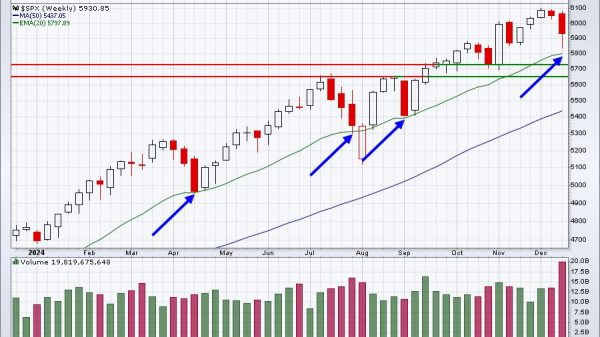Nicholas Anthony
The Treasury Borrowing Advisory Committee has published a new presentation calling for central bank digital currencies (CBDCs) to replace stablecoins. Pointing to a history of so-called “wildcat banking,” the committee argued that just as the government monopolized the issuance of paper currency by establishing the Federal Reserve, the government should monopolize digital currency by establishing a CBDC:
In a similar manner to how privately-issued “wildcat” currencies were replaced by government-backed central currencies in the late-1800s, Central Bank Digital Currencies (CBDC) will likely need to replace stablecoins as the primary form of digital currency underpinning tokenized transactions.
This statement has several problems, but let’s consider just three.
The first problem is the implication that the history of banking in the United States was a history of wildcat banking. The idea that banks were defrauding customers and disappearing with their money is certainly a concerning one. And it did happen at times. However, such wildcats were far from the norm.
While it is difficult to put an exact number on the issue, George Selgin, director emeritus of the Cato Institute’s Center for Monetary and Financial Alternatives, estimates that the total number of wildcats was “no higher than 173.” In contrast, he estimates there were around 2,450 banks in total during this time.
Second, while many people like to suggest wildcats were the source of failures during this period, the bigger problem was that the laws governing banks had undermined financial stability. Again, as Selgin explains, “free banking” laws during this period,
forced banks to invest in … very risky securities—and especially in risky state government bonds—while the rule against branching limited their ability to diversify around this risk…. It was owing to these restrictive components of U.S.-style free banking that scads of American free banks ended up going bust.
Third, it does not follow that because the government took over one area of money, it should take over another. What the experience in the 1800s showed was that the government has a unique power over others. Competitors in the private sector must strive to offer a better product. The government, however, can undermine others through laws and regulations that make it nearly impossible for the private sector to function. For a modern example, one need only look to the government’s hostility towards stablecoins and other cryptocurrencies.
With these problems in mind (and many still on the table), it’s unfortunate that the Treasury Borrowing Advisory Committee found the wildcat argument persuasive. Yet the committee is not alone. This argument has been used by the likes of Senator Elizabeth Warren (D‑MA), Securities and Exchange Commissioner Gary Gensler, then-Federal Reserve Vice Chair Lael Brainard, European Central Bank President Christine Lagarde, European Central Bank board member Fabio Panetta, and countless others in the pursuit of expanding the state.
The real lesson from the “wildcat story” is that policymakers must be held accountable. They should not be allowed to undermine an entire industry and they should not be allowed to swoop in to monopolize it when it eventually fails. That was true in the past and it’s true today. The difference comes down to whether Americans let it happen again.
























